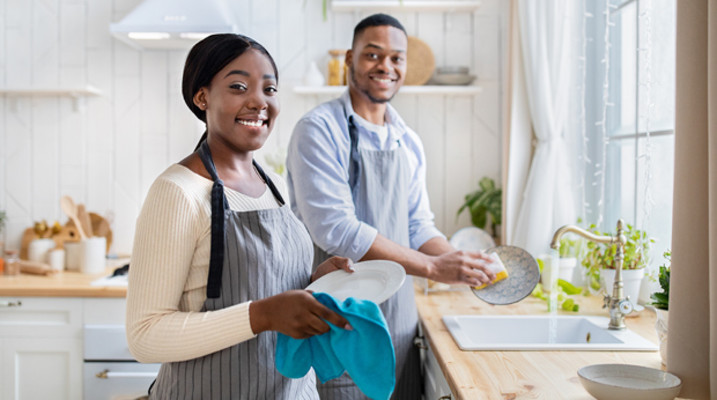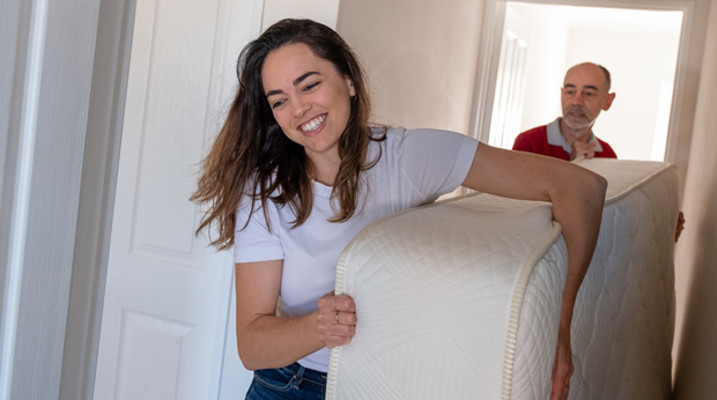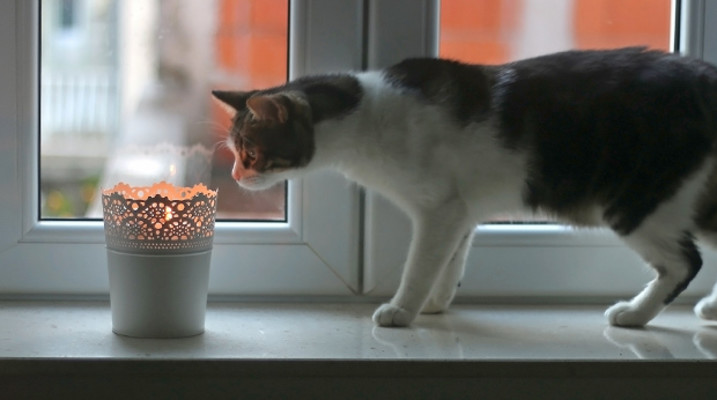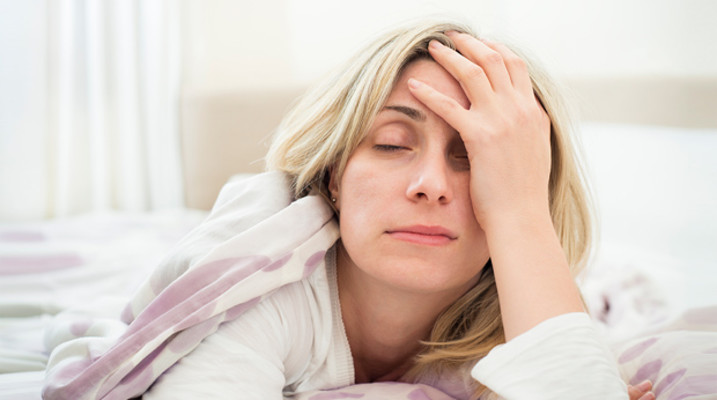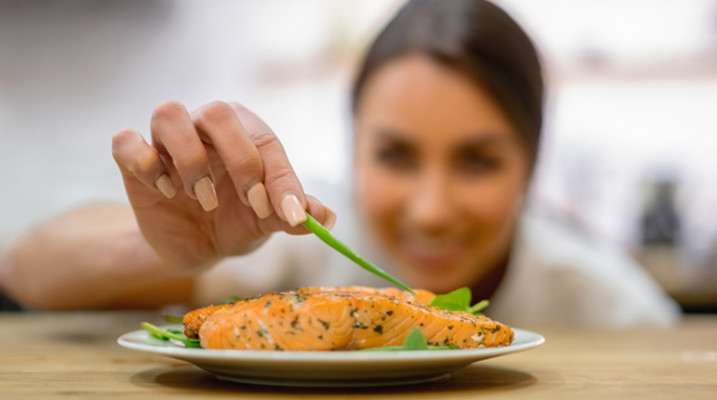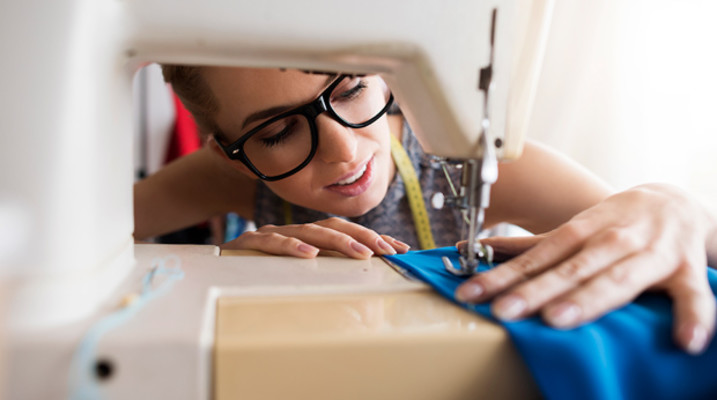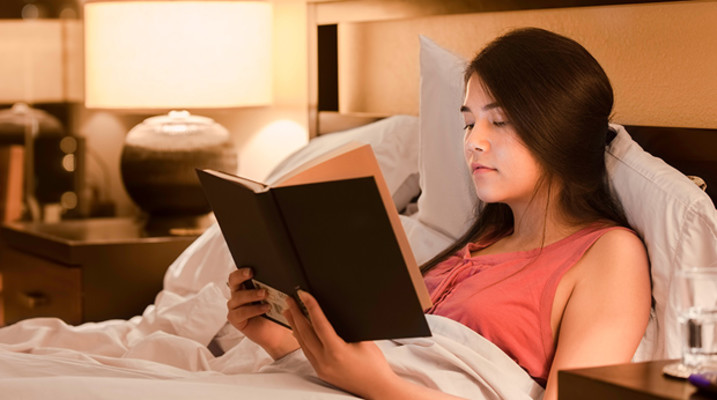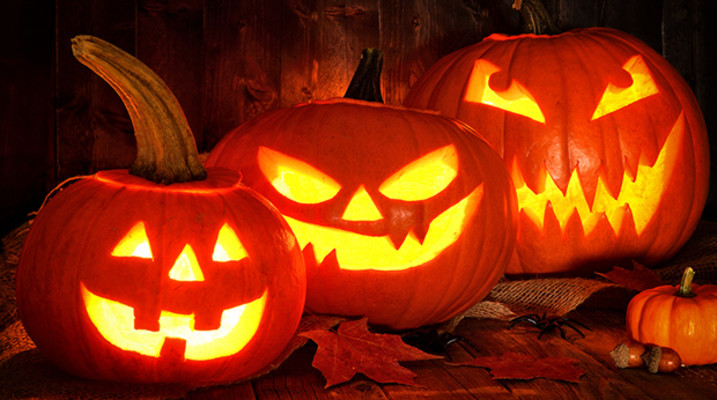
What’s the second largest commercial holiday behind Christmas? It’s Halloween! In fact, a recent survey found that Halloween spending will reach 8 billion dollars this year – from candy to costumes to tickets to haunted houses. So, why do we love Halloween so much? There are a couple reasons:
-
Going on haunted hayrides and seeing scary movies makes us feel good! Researchers say that fear and fun engage the same neurotransmitter in your brain. That’s why when you get scared, your next reaction is to laugh. In fact, within FIVE SECONDS of feeling fear, your brain begins releasing dopamine, the feel good chemical, to help relieve any pain you may experience. That makes terror feel thrilling, which is why some people love to be scared – especially when they know they’re actually safe inside a movie theater or haunted house.
-
Because it gives us permission to be someone else for a night. Want to be Cinderella? Throw on those glass slippers! Or Agent double-oh-7? Grab a tux! Basically, we get tired of always having to have our “public face” on. You know, the one we use in our day-to-day life, because we’re expected to act in a certain, reasonable way. It’s what we need to do to fit in with society 364 days of the year. But on Halloween, we’re allowed to let our alter egos run loose. It’s okay to be a witch or a monster one night a year.

